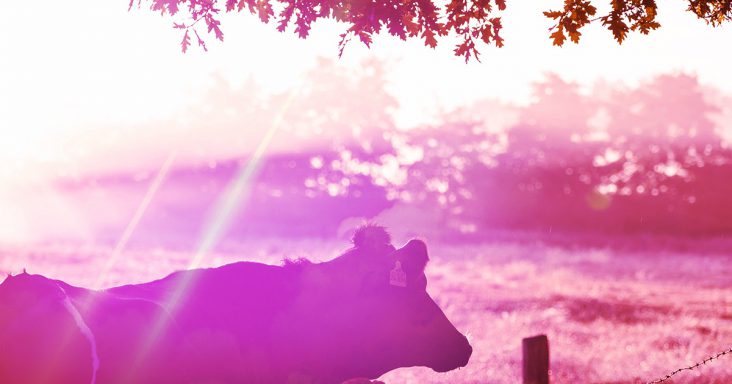

NGSS.3-5-ETS1, NGSS.MS-ETS1, CCSS.ELA-LITERACY.SL.9-10.4
Access to the internet, popsicle sticks, glue, cardboard
Cattle ranchers design and use their facilities with intention and purpose so that both the cattle and the operators have a pleasant experience. A “Bud Box” is a simple system design aimed at reducing stress on cattle as they are being worked through processing facilities. The term Bud Box is named after the creator, Bud Williams. A Bud Box uses cattle’s natural instincts to move the cattle throughout the pen and into a cattle chute, where they are often weighed, given vaccinations, or checked to see if they are pregnant. The “box” layout has open slats, often metal corral panels, and the trained stockmen are in the pens either on foot or on horseback, operating a gate.
Share the background information with the students, then share the puzzle to be solved. Determine constraints (e.g., time alotted, space, materials provided, etc.) and divide students into small groups.
Ask a series of questions to help students brainstorm solutions to the puzzle. Encourage students to list all ideas – don’t hold back! Before moving on, make sure each group selects a solution that fits within the contraints.
Students diagram the prototype, identify the materials needed to build the prototype, and write out the steps to take. Students describe the expected outcomes.
Students follow their design plan and build their prototypes. Monitor their progress and remind them about how much time they have.
Students evaluate their creation and compare it with the expected outcomes. Students seek areas of improvement and make changes where needed.
Students share their solution to the puzzle and communicate lessons learned.
Have the students build a Sweep Tub next and compare the two!
Similar topics are offered in these featured challenges